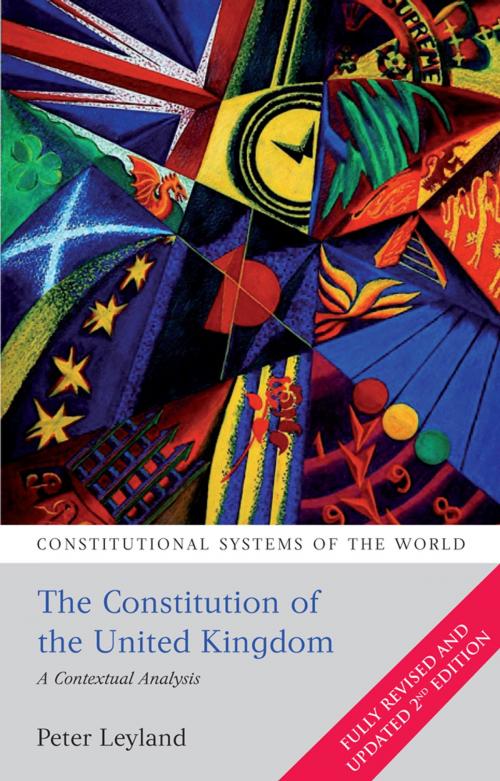The Constitution of the United Kingdom
A Contextual Analysis
Nonfiction, Reference & Language, Law, Constitutional| Author: | Peter Leyland | ISBN: | 9781847318947 |
| Publisher: | Bloomsbury Publishing | Publication: | January 31, 2012 |
| Imprint: | Hart Publishing | Language: | English |
| Author: | Peter Leyland |
| ISBN: | 9781847318947 |
| Publisher: | Bloomsbury Publishing |
| Publication: | January 31, 2012 |
| Imprint: | Hart Publishing |
| Language: | English |
This acclaimed book provides a topical and contextual outline of the principles, doctrines and institutions that underpin the United Kingdom constitution. The second edition of The Constitution of the United Kingdom has been extensively rewritten to take account of recent constitutional developments, particularly changes made following the 2010 general election. The chapters are written in sufficient detail for anyone coming to the subject for the first time to develop a clear and informed view of how the constitution is arranged and how it operates. The main themes include: discussion of the history, sources and conventions of the constitution; later chapters deal with: constitutional principles, the role of the Crown, Parliament and the electoral system, government and the executive, the constitutional role of courts including the protection of human rights, the territorial distribution of power between central, devolved and local government, and the European Union dimension. In addition, the book offers an analytical discussion of the development of the constitution, its strengths and perceived weaknesses, and of reforms aimed at its modernisation.
This acclaimed book provides a topical and contextual outline of the principles, doctrines and institutions that underpin the United Kingdom constitution. The second edition of The Constitution of the United Kingdom has been extensively rewritten to take account of recent constitutional developments, particularly changes made following the 2010 general election. The chapters are written in sufficient detail for anyone coming to the subject for the first time to develop a clear and informed view of how the constitution is arranged and how it operates. The main themes include: discussion of the history, sources and conventions of the constitution; later chapters deal with: constitutional principles, the role of the Crown, Parliament and the electoral system, government and the executive, the constitutional role of courts including the protection of human rights, the territorial distribution of power between central, devolved and local government, and the European Union dimension. In addition, the book offers an analytical discussion of the development of the constitution, its strengths and perceived weaknesses, and of reforms aimed at its modernisation.















